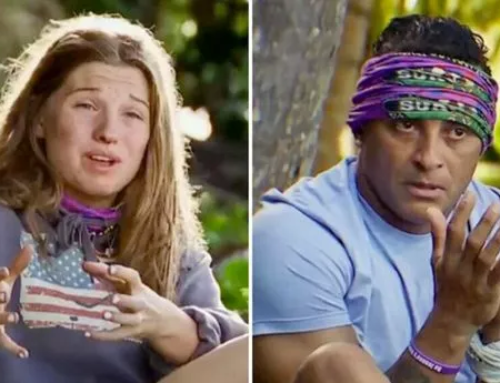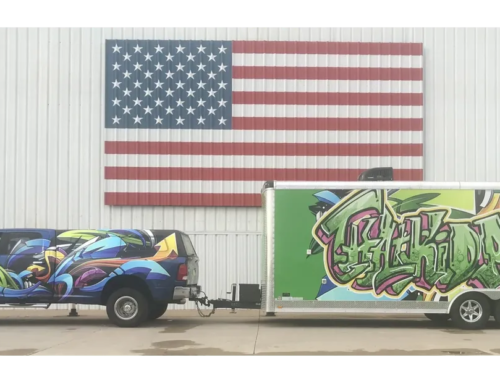I found this great story by Jo Ashline. Jo has 2 children, one with Autism and she lives in California.
We were just wrapping up our evening and putting our leftovers into our to-go boxes when she made her way towards me, her cheeks flushed, her eyes hinting at her humiliation.
“I’m so sorry,” she said.
At least, that’s what I thought I heard her say. We were at a local pizza joint with our sons’ baseball team, enjoying one last hurrah before the little league season was officially over; suffice it to say it was a bit noisy and crowded.
“Can you repeat that? It’s so loud in here!” I half-shouted at her.
“I’m so sorry!” she yelled back.
“For what?” Now I was confused. Why was she apologizing to me?
“Apparently my son went up to your son and asked him what was wrong with his brother. I’m so very sorry!”
And now I will tell you exactly what I told her:
I don’t want you to apologize.
I want your child to ask about my son Andrew; about what autism is and what having special needs means. I want your child to want to understand my child better.
I want your child to be aware that someone with special needs is in their presence, and I want them to seek out information from a reliable source, such as Andrew’s brother, or myself, rather than relying on assumptions and misinformation.
I want your child to feel comfortable asking questions and know they will get a straight-forward answer. I want your child to know it’s okay to be curious and, more importantly, that it’s okay be confused about why Andrew acts differently from the other kids.
I want your child to want to know.
Trust me. It’s infinitely better than the alternative, which is to whisper behind my son’s back in hushed voices filled with judgment that comes from fear and a lack of understanding.
I know it’s awkward for you as a parent; I know why you apologized. For generations, children have been taught that staring at someone in a wheelchair is rude and if we see a blind person walking down the street we must quickly get out of the way and avoid making contact.
We encourage our children to be accepting as long as it’s from a safe distance, and in turn, we’re doing everyone a big fat disservice.
The tragedy is not in the diagnosis, or the bluntness with which a child may approach the situation and ask, “What’s wrong with him?”
The tragedy is in teaching children to stay away from those with special needs and mind their own business.
You can spot the kids that have been exposed to this way of thinking instantly: These are the kids who hover in the background and will look right through your child if they happen to get too close.
Do you know what that breeds? Intolerance. Fear. Hatred. An Us vs Them mentality, and before we know it we’ve got another generation hell bent on thinking they’re better and more worthy than anyone who appears different or weaker.
I wish I were being dramatic, but I live this reality each and every day – the stares, the sideways glances, the curiosity hanging in the air so thick it’s almost suffocating. Yet so rarely does anyone take the initiative to come up and ask me about my son.
The few who do are usually children. They want to know. And I want to tell them.
My son Ian wants to tell them too, because his big brother is worth asking and talking about.
He’s ready to tell them about autism, and what it’s like to have a sibling with special needs. He’s ready to tell them how proud he is of Andrew every time he reaches a new milestone or tries something new and difficult in therapy. He’s ready to talk to them about the very first time he heard his brother say “Ian” correctly, or the fact that Andrew loves to watch kids go down the slide while he stands off to the side and yells out “WHEEEEEEEEEEE!!”
So don’t apologize for the beautiful, natural curiosity of your child.
Curiosity leads to education and empowerment, something both of our kids will benefit from.
Instead, guide your children and teach them that it’s okay to ask. Give them appropriate language.
Email me if you don’t know what to say. I’ll take you through it, step-by-step. Tell your children there’s nothing wrong with wanting to know more about the millions of things they don’t understand because knowledge is power and there are so many wonderful things to learn about our amazing special needs population.
When I’m out with my special needs son and I see your kids sharing the same air, playing beneath the same sun, giggling in that same carefree, uncontrollable way Andrew does, I see hope and I see opportunity and I see a very real possibility for change.
Your child will someday vote on the issues that are relevant to my child.
Your child will someday encounter my child on the street, in a Dr.’s office, at the beach, in a restaurant. They will either hurriedly walk past him or hold the door open and make sure it doesn’t slam in his face.
Your child will someday ignore or embrace my child, lift him up or tear him down, pretend he doesn’t exist or defend his rights as a human being.






